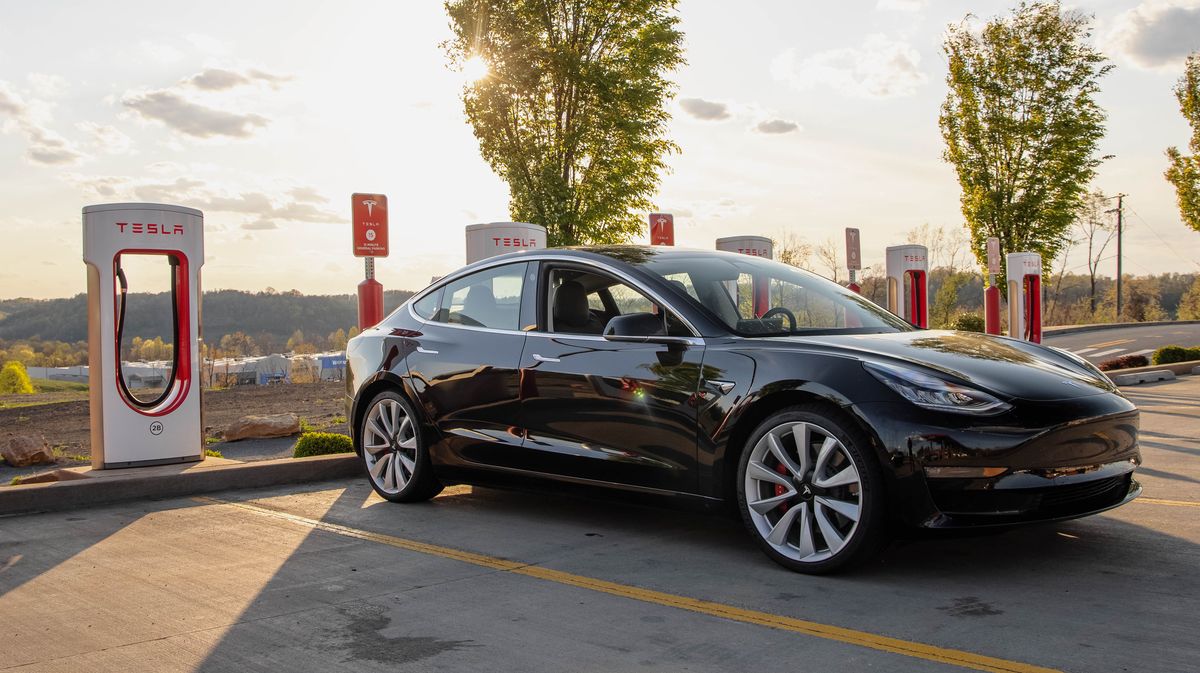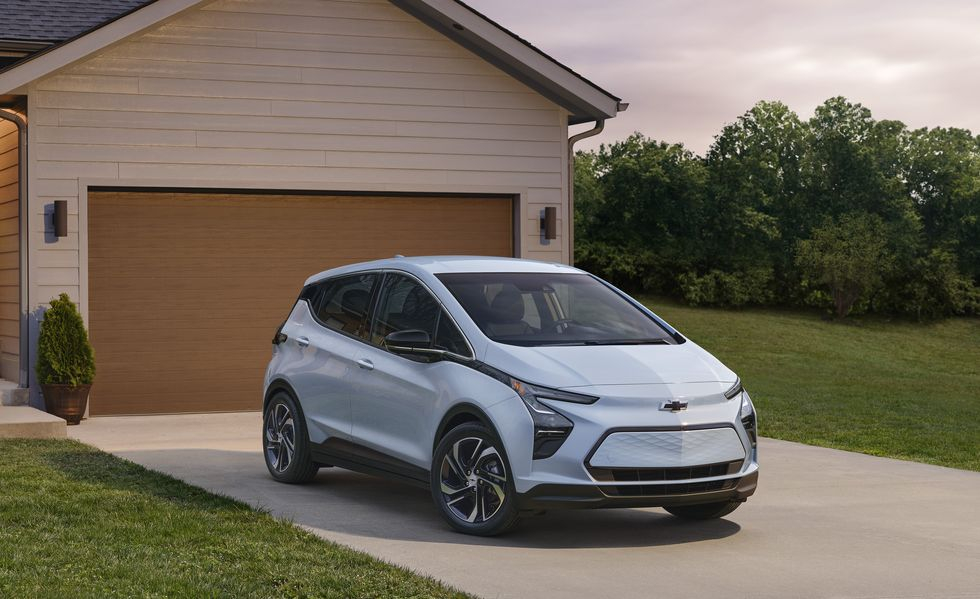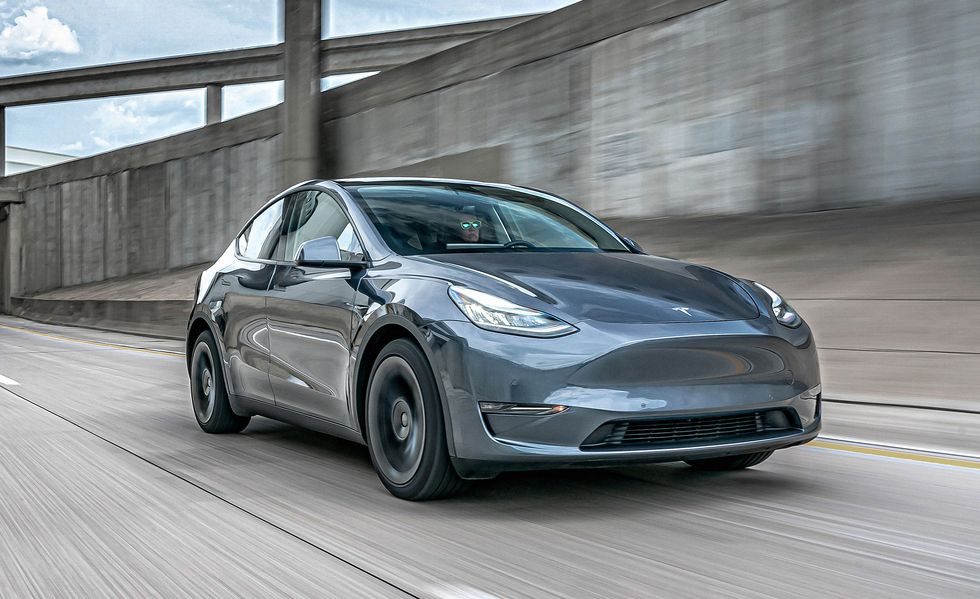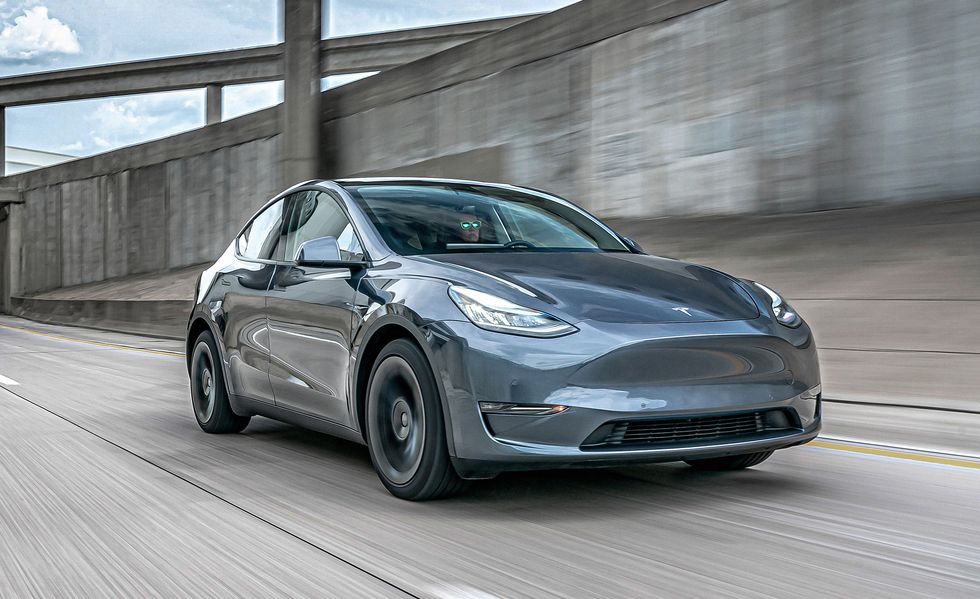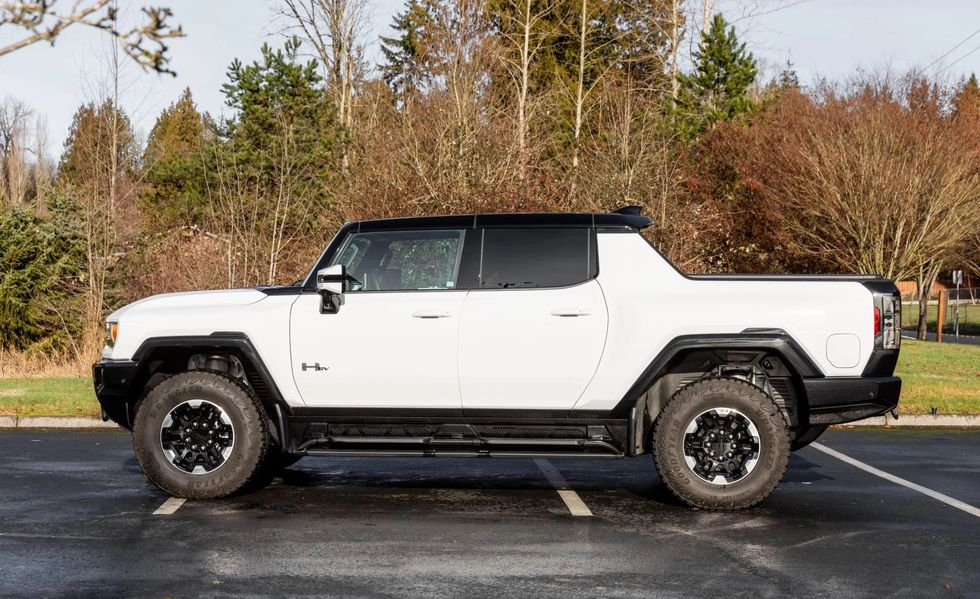Calculating the cost of charging an electric vehicle, at home and on the road, can be complicated. For the
four out of five new-car buyers who can charge at home, often overnight, the cost per mile is virtually always cheaper than the cost of gasoline for a similar vehicle. It's tougher for apartment dwellers, who may pay a variety of rates to companies that operate charging stations in shared parking areas. For DC fast-charging, which a driver will likely want to use on road trips that are longer than an EV's range, prices vary, but are often roughly in line with gasoline prices.
Because of these factors, the price of a full charge can vary considerably. For a Tesla Model Y, currently the bestselling EV, it could cost as little as $9 or as much as $40, depending on whether you're charging at home or at a far more expensive Level 3 fast-charger.
To look at best and worst cases, we picked 3 EVs that span a range: from small to large, from relatively efficient to huge and power hungry. And we looked at the highest and lowest home-charging rates, which can vary among states by a factor of almost four. Finally, we calculated the cost of DC fast-charging for a road trip.
Calculating Real Cost—It's Complicated
Here's a question to ponder: Do you know what you pay at home for a kilowatt-hour of electricity? Few people can answer that question without doing some research. (The
average U.S. cost is now about 16 cents per kilowatt-hour; 1 kWh can move most EVs two to three miles.) EV drivers can often benefit from reduced rates from their electric utility that encourage charging when demand is lowest, say, from 11 p.m. to 6 a.m.
As for DC fast-charging for road trips, the pricing is complicated. It varies among networks, may be lower at night, and may or may not require a session fee for each charging connection. Most networks also have membership plans with a monthly fee but lower per-kWh rates.
Let's Start with Cost per 100 Miles
To make the calculations easier and let us compare directly to similar gasoline vehicles, we looked at the cost of driving 100 miles in each EV. For home charging, we used the EPA-rated range, determined using a mix of local and highway use. For DC fast-charging, we assumed those are all highway miles and used our own highway-range tests.
Overall, home charging was always much cheaper for 100 miles than paying for gasoline in a comparable vehicle—as little as one-quarter the price. On the other hand, DC fast-charging used for road trips was generally pricier than gasoline. But very inefficient vehicles driven in places where gasoline is very expensive may still come out slightly ahead for highway charging.
Most EVs today cover the bulk of their miles using charging at home or work, so the weighted average gives EVs a decisive advantage—though this may not apply to apartment dwellers without the ability to install their own charging equipment.
(Note: We added 5 percent to the recharge energy in all our calculations to account for
losses during charging.)
Best Case: 2023 Chevrolet Bolt EV
The Costs
In Louisiana, for a Bolt EV, 100 miles of home charging is $2.81, and 100 miles of EVgo fast-charging is $11.82; 100 miles in a 33-mpg small SUV would cost about $10.
